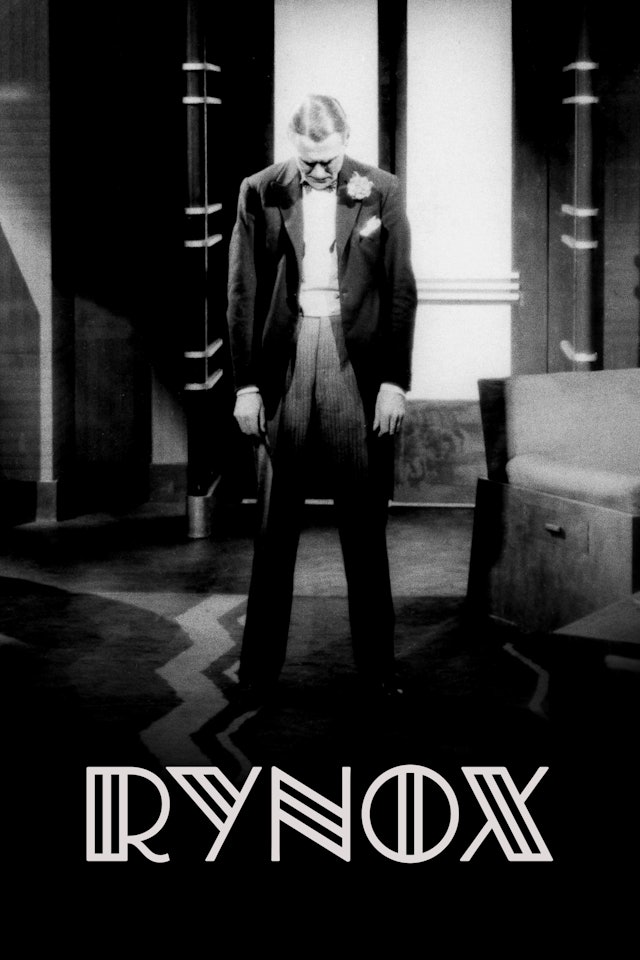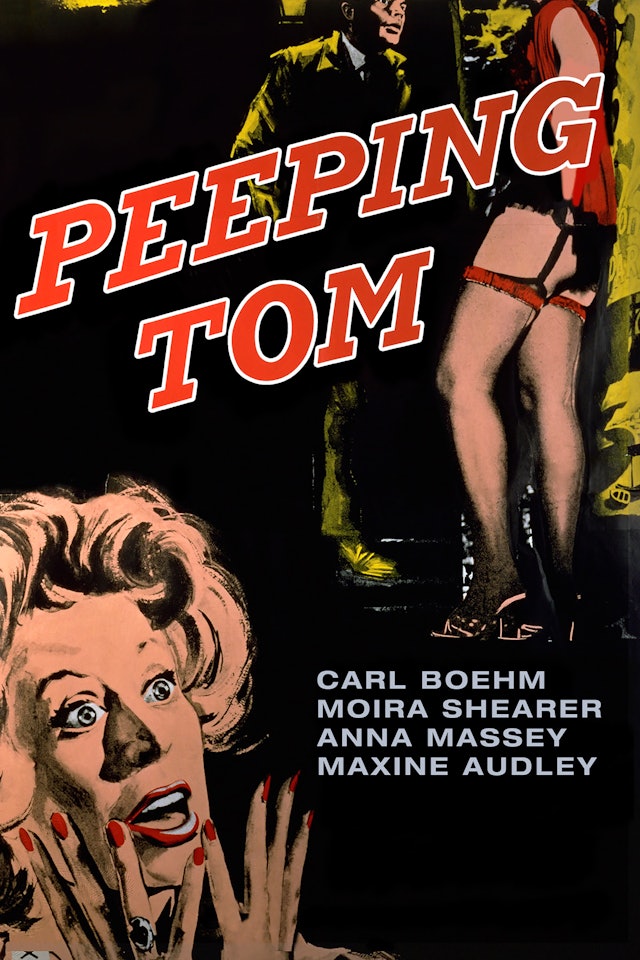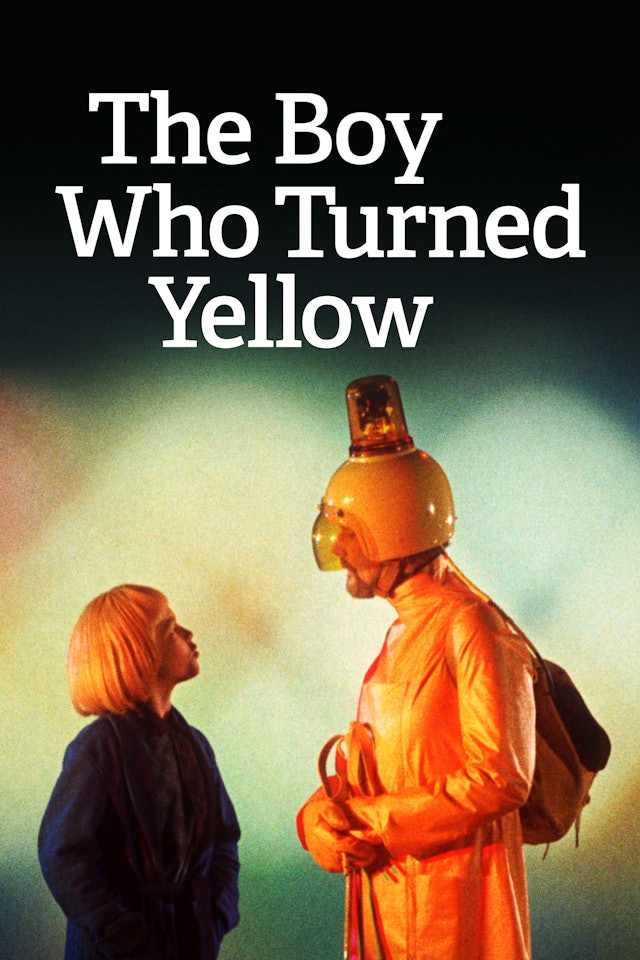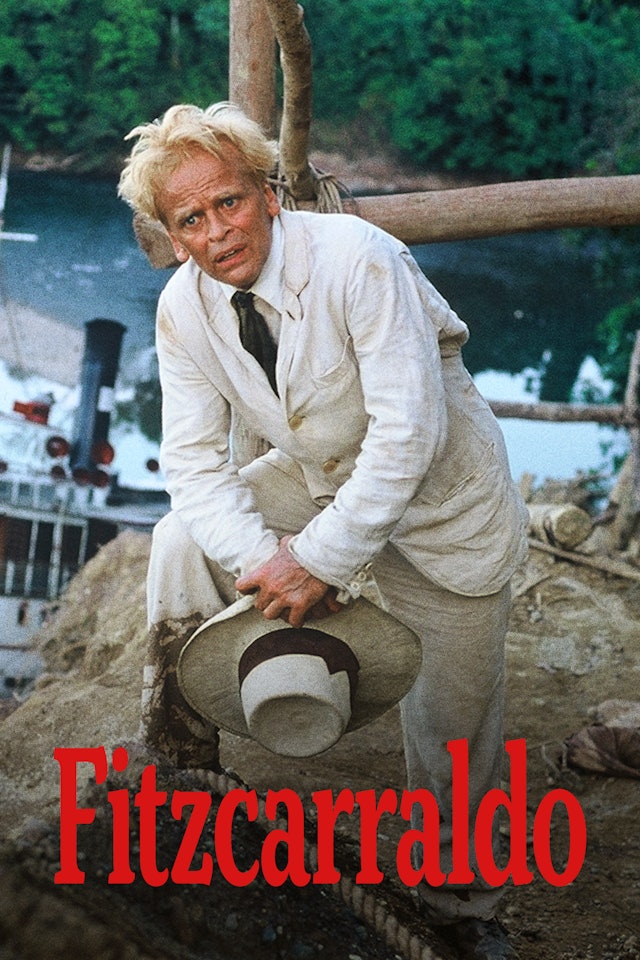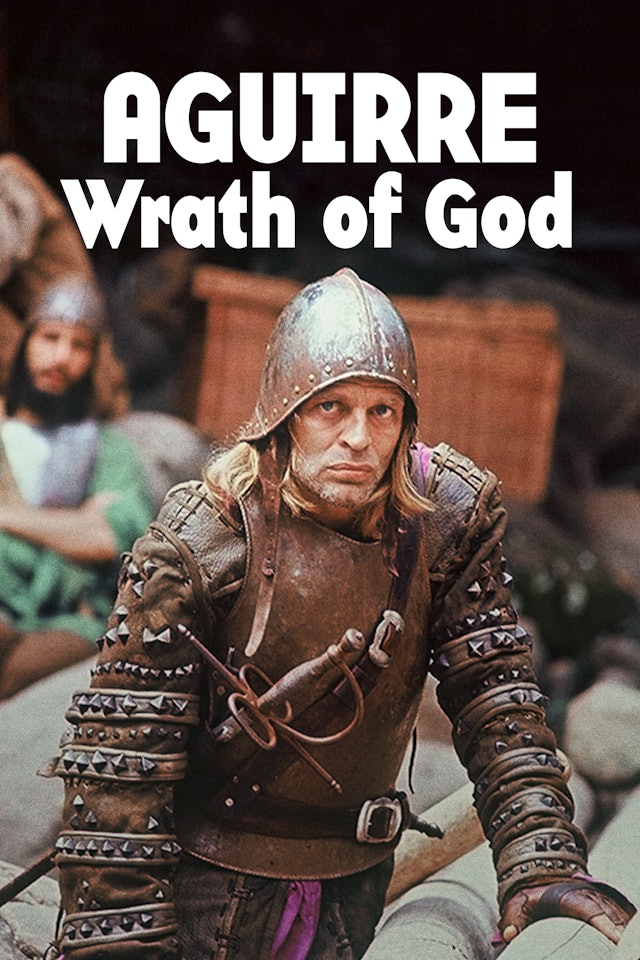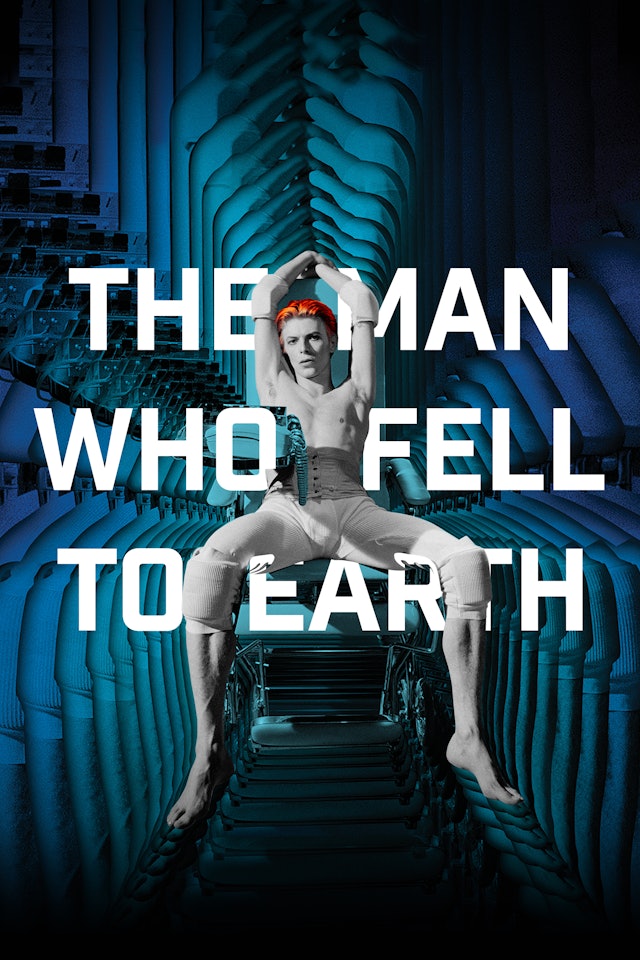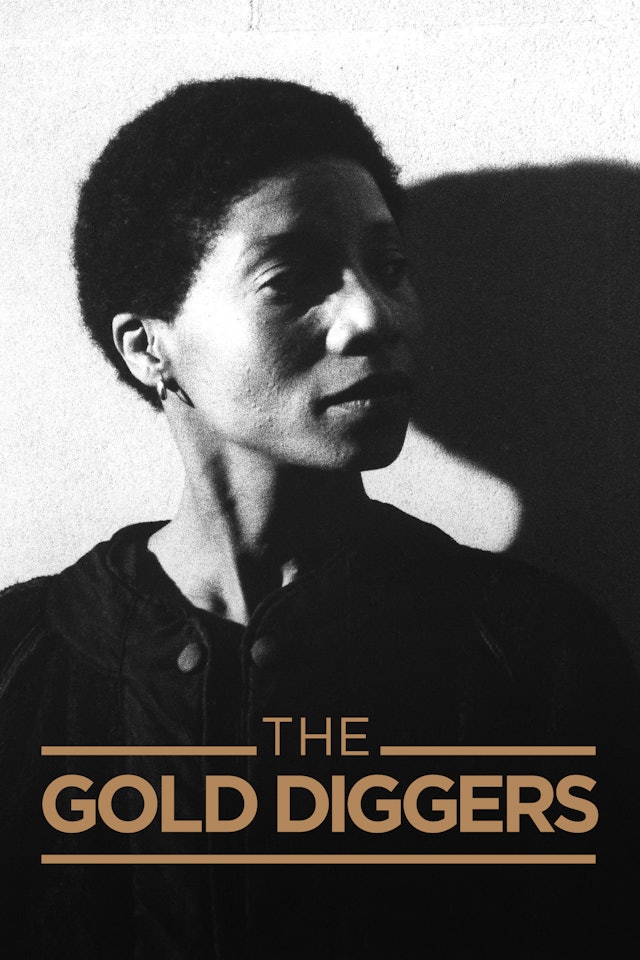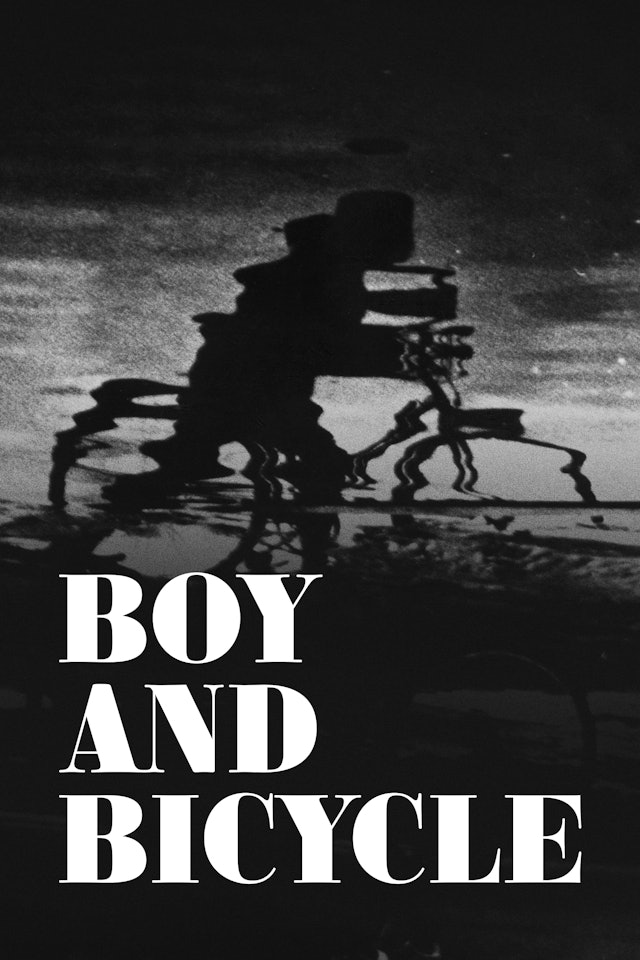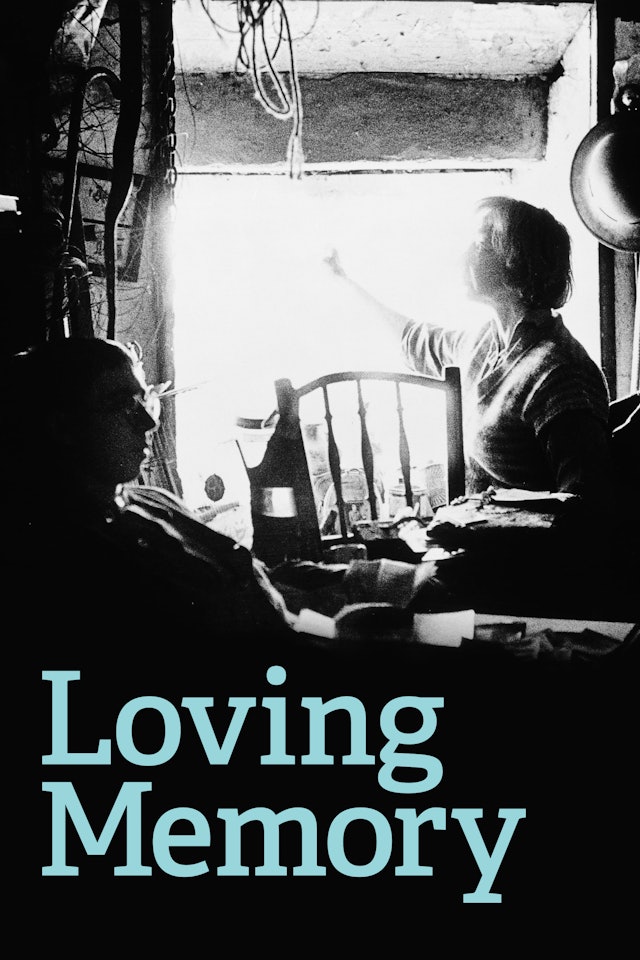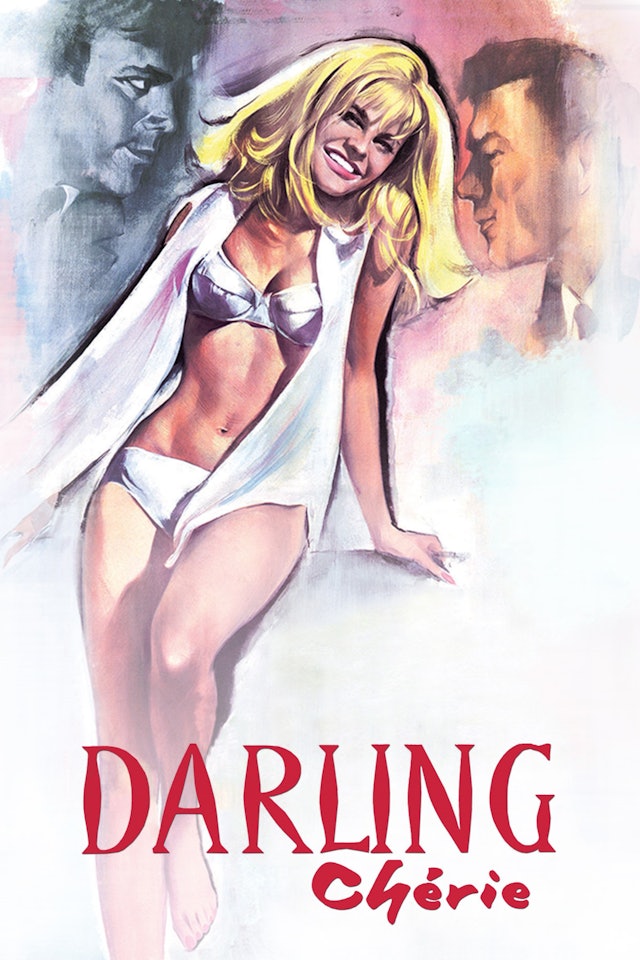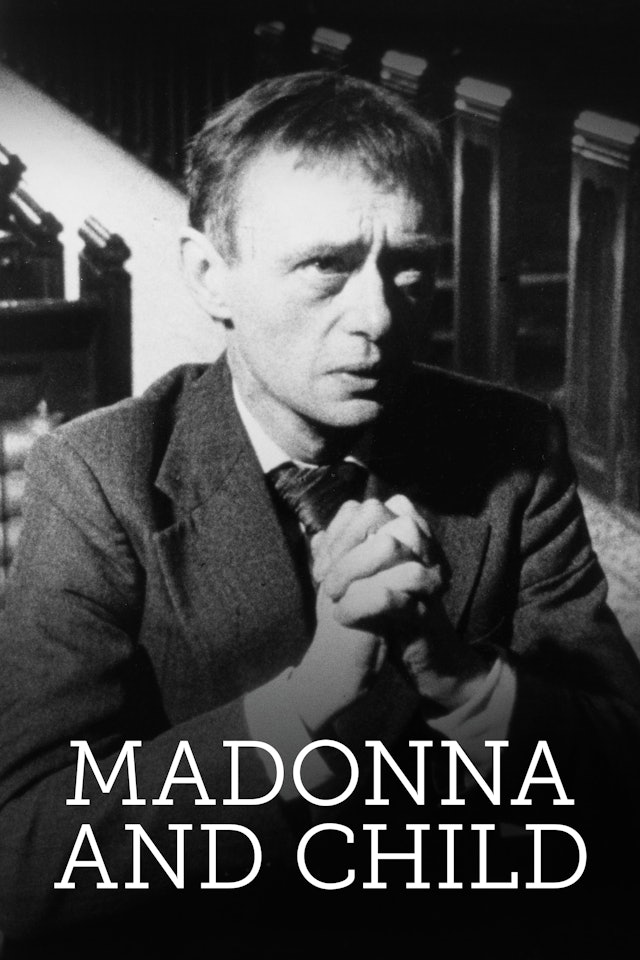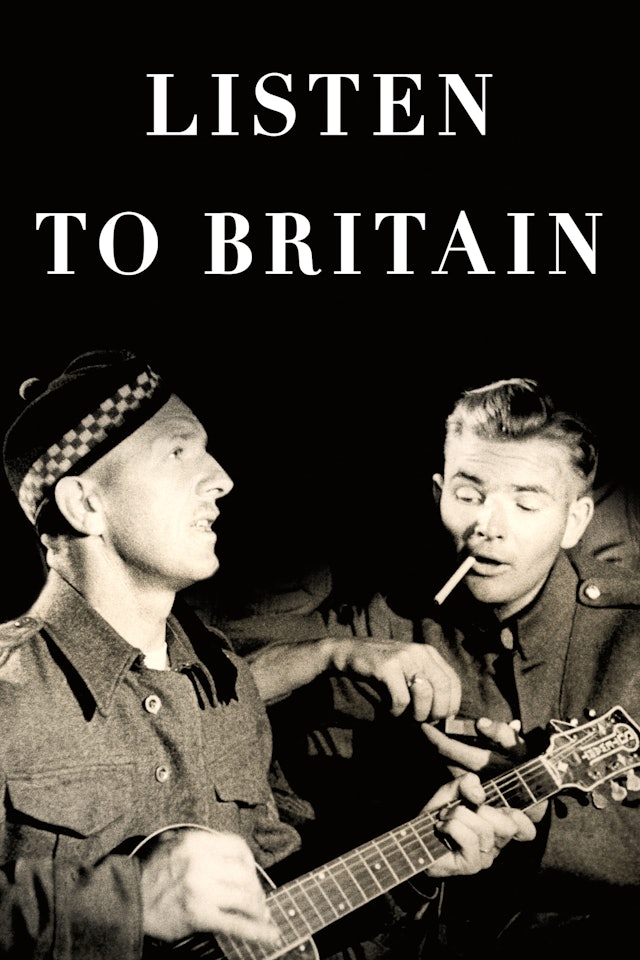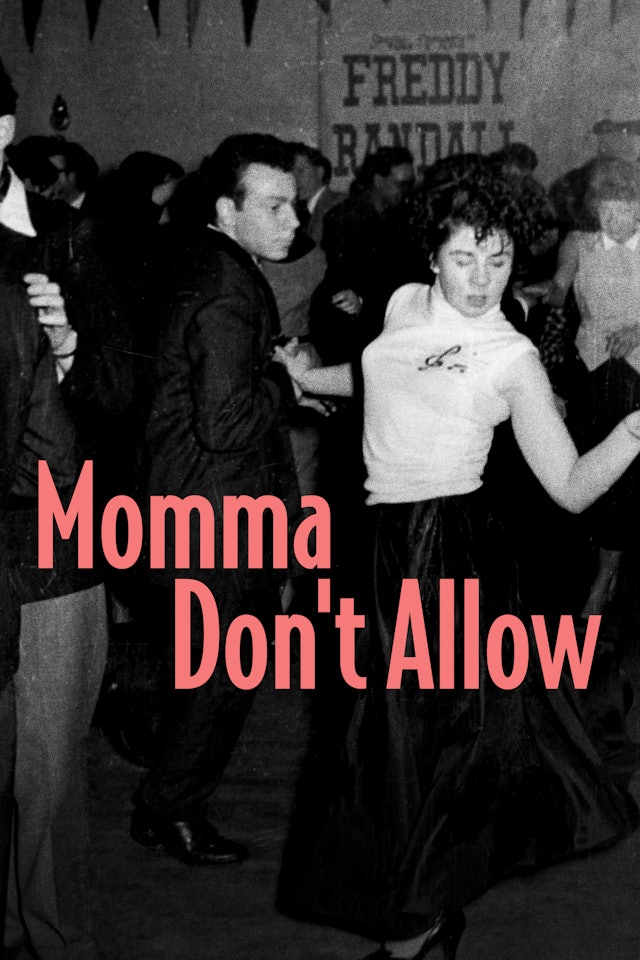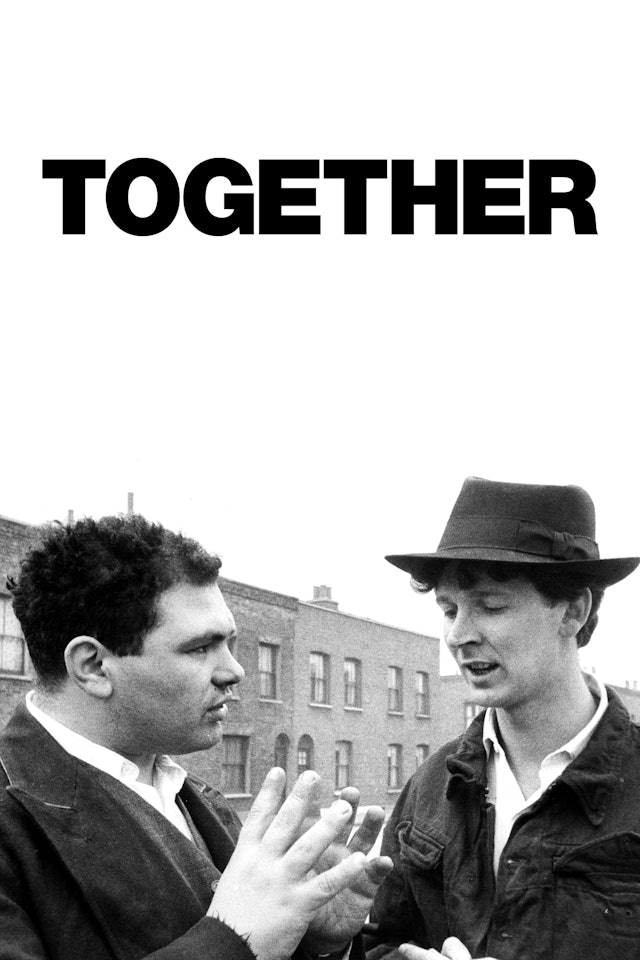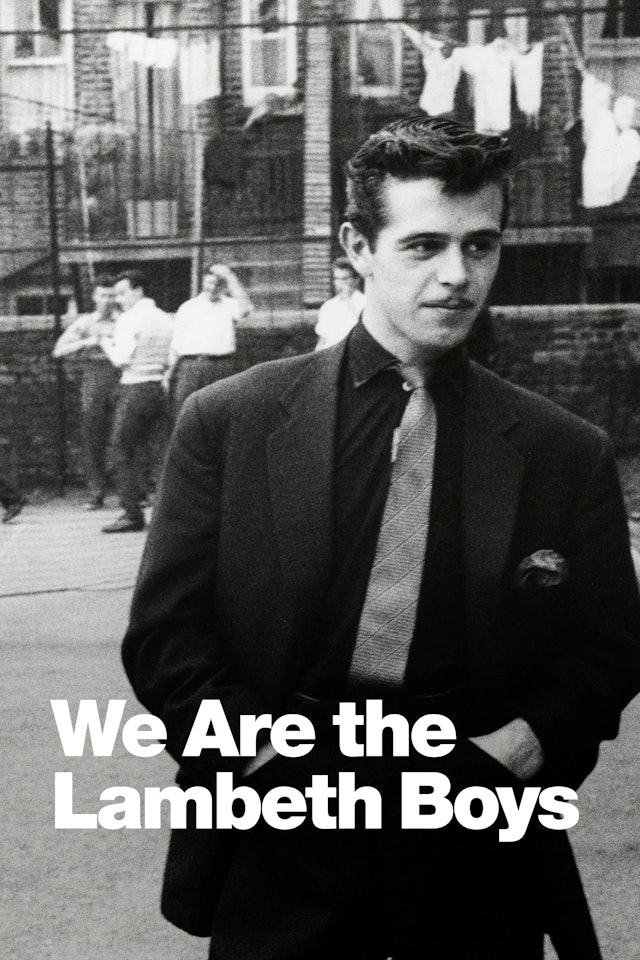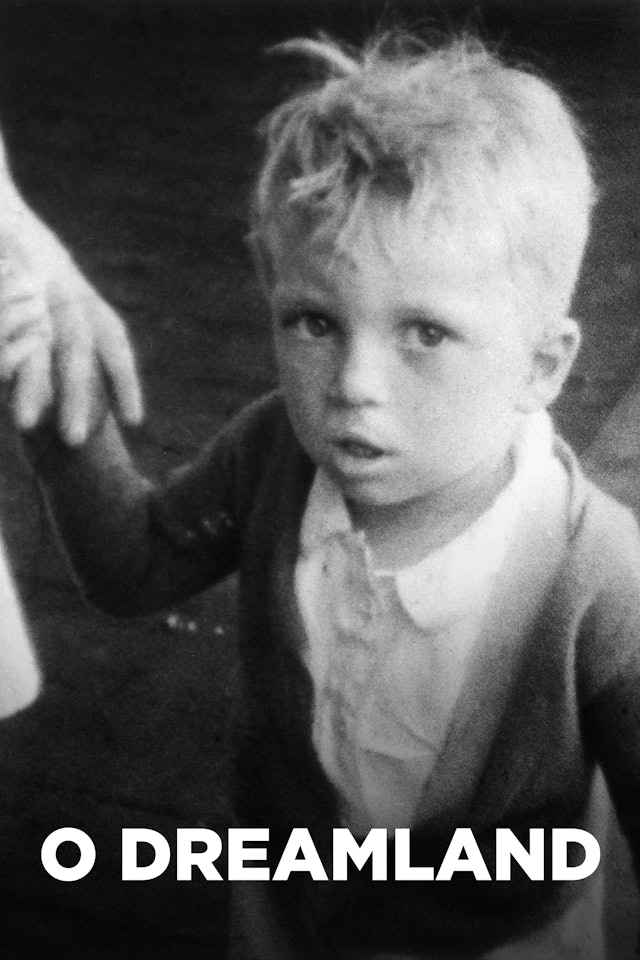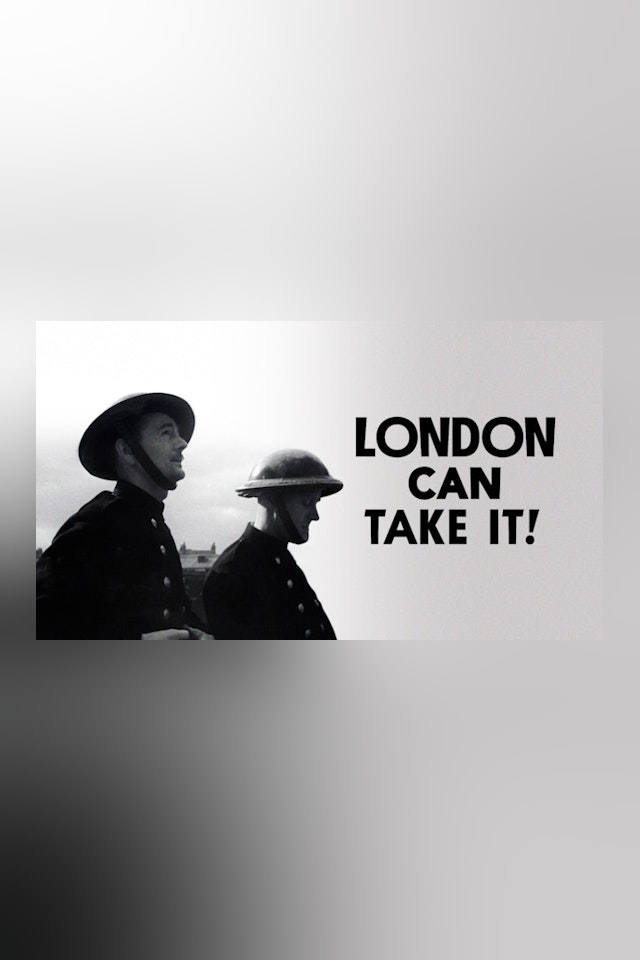Great Directors
British cinema has produced some of the most acclaimed directors in film history, from those such aas Alfred Hitchcock who found great success at home and in Hollywood, to those who forged distinctive bodies of work in Britain along, such as Michael Powell and Emeric Pressburger. The filmmakers collected her are renowned for producing ground-breaking and influential cinema with a distinctive style and artistic voice of their own. Explore our tribute to their resounding talents through a collection of their legendary works.
-
Rynox
The influence of Fritz Lang is unmistakeable on Powell’s earliest extant film – a thriller crafted with real visual style, despite its limited budget. The twisty plot concerns businessman F.X. Benedik (Rome), who has been receiving threats from a mysterious stranger. When Benedik is murdered,...
-
Time of the Wolf
Following a global catastrophe, Anne (Isabelle Huppert) and her family seek refuge at their holiday home in the countryside, but they arrive to find the home is already occupied by other survivors. Their hopes for safety are dashed by a violent tragedy so, accompanied by a fierce young boy (Hakim...
-
Peeping Tom
Much criticised at the time of its release, Michael Powell’s psychological study of a shy camera technician who films for his home movies the death throes of the women he kills is now widely regarded as a dark classic. Less a straightforward serial-killer thriller than a Freudian meditation on ...
-
The Boy Who Turned Yellow
The Boy Who Turned Yellow is the splendidly eccentric final collaboration from the eminent filmmaking duo Michael Powell and Emeric Pressburger. London schoolboy John Saunders turns a bright yellow after losing his pet mouse on a school, trip. Is the mysterious colour change the result of an alie...
-
Fitzcarraldo
One of Werner Herzog's most acclaimed films, Fitzcarraldo tells the incredible story of Brian Sweeney Fitzgerald (played by Herzog regular Klaus Kinski), an opera-loving fortune hunter who dreams of bringing opera (specifically Caruso) to a remote trading post in the heart of the Peruvian jungle.
-
Aguirre, Wrath of God
This early masterpiece from legendary German director Werner Herzog stars Klaus Kinski as a power-crazed explorer in sixteenth-century South America who leads a band of conquistadors through the Amazon in search of El Dorado.
-
The Man Who Fell to Earth
David Bowie cemented his unearthly persona in Nicolas Roeg’s startling cult film; playing in alien stranded on earth while on a mission to find water for his own world, he initiates a plan to amass a fortune to help save his home planet.
-
The Gold Diggers
The ground-breaking first feature from the director of Orlando and The Tango Lesson, The Gold Diggers is a key film of early '80s feminist cinema. Made with an all-woman crew, featuring stunning photography by Babette Magolte and a score by Lindsay Cooper it embraces a radical and experimental na...
-
Boy and Bicycle
Ridley Scott’s first film – featuring his younger brother, the late Tony Scott, as a schoolboy playing truant for the day to meander around Hartlepool on his bicycle – is a far cry from the director’s Hollywood blockbusters, a lyrical and highly personal evocation of the early sixties Nor...
-
Loving Memory
The debut feature by future Hollywood star director Tony Scott is a dark, surreal piece about a couple who accidentally kill a young man while out driving their car. Taking him home, the woman treats the boy as if he were her own - and as if he were still alive. She finds happiness by talking to ...
-
Darling
When she meets a hip television director, a young woman is swept into the world of London's lavish sixties nightlife. However, her lust to belong to the scene doesn't even begin to quench her thirst for fun, as she drifts from clique to clique looking for an unattainable sense of belonging.
-
Madonna and Child
The second instalment of Terence Davies' masterful Trilogy finds Robert Tucker in middle age, with the clash of religion and sexuality taking its toll. A depressed loner who takes the ferry across the Mersey to work as an office clerk, Robert is haunted by nightmares of his own death and tormente...
-
Listen to Britain
Documentary, public information film, morale booster; propaganda film – all descriptions that apply to Humphrey Jennings and Stewart McAllister's extraordinary war-time film. Using his customary combination of poetry and propaganda, Jennings constructs a collage of the various people and classe...
-
Pressure
Hailed as Britain's first black feature film, Pressure is a hard-hitting, honest document of the plight of disenchanted British-born black youths. Set in 1970s London, it tells the story of Tony, a bright school-leaver, son of West Indian immigrants, who finds himself torn between his parents' ch...
-
Momma Don't Allow
This lively Free Cinema short captures a night out at the Wood Green Jazz Club, where teenagers jive to trad jazz. Funded by the BFI Experimental Film Fund, it was filmed over the course of nine Saturdays by Karel Reisz, then programmer of the National Film Theatre, and a young BBC television dir...
-
Together
Italian director Lorenza Mazzetti borrowed techniques from the neorealist school to conjure this striking study of East End life, one of the original Free Cinema shorts. Following the ambling existence of two deaf-mute dock workers, Mazzetti crafts a poetic depiction of post-war London populated ...
-
We Are the Lambeth Boys
Karel Reisz’s honest and sympathetic depiction of South London teens aimed to challenge the media perception of ‘Teddy Boys’, and would be one of the last films to appear under the Free Cinema banner. One of the key elements of the Free Cinema films was the sympathetic representation of wor...
-
O Dreamland
Lindsay Anderson’s 12–minute tour of Margate’s Dreamland funfair is immediately notable for its deliberately bleak and unattractive photography and a spare and impressionistic soundtrack. Despite the absence of a commentary, the film distinctly conveys Anderson’s obvious disdain for the m...
-
London Can Take It!
Humphrey Jennings and Harry Watt's famous film, produced at the GPO film unit, is an enduring example of British self-mythology and rousing evidence of the artistic potential of supposed propaganda. A hymn to our capital city's resilience during the Blitz, structured as a day-in-the-life of stiff...
-
Eisenstein in Guanajuato
In 1931, at the height of his artistic powers, Soviet pioneer Eisenstein travels to Mexico to shoot a new film. Freshly rejected by Hollywood and under increasing pressure to return to Stalinist Russia, he arrives in Guanajuato. Chaperoned by his guide Palomino Cañedo, he experiences the ties be...
-
The Producers
Mel Brook’s outrageously funny, legendary classic about down-on-his-luck producer Max Bialystock (Zero Mostel) who teams ups with timid accountant Leo Bloom (the then little-known Gene Wilder) to plan a scheme to get rich by overselling shares in a sure-fire Broadway flop. But chaos ensues when...
-
Distant Voices, Still Lives
Set in a world before Elvis, a Liverpool before the Beatles, Terence Davies' debut feature is a remarkable evocation of working-class family life in the 40s and 50s and a visionary exploration of memory. In a powerful succession of searing vignettes, Davies paints an autobiographical picture of a...
-
Carnal Knowledge
Mike Nichols' provocative dark comedy traces the lives of college roommates Johnathan (Jack Nicholson) and Sandy (Art Garfunkel) as they navigate relationships from the 1940's into the 60's. From idealistic romances to toxic love affairs, the film charts their diverging paths - Johnathan's descen...

